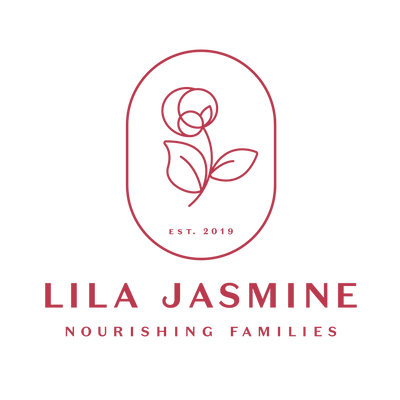In New Zealand, 25% of women suffer from depression during or after pregnancy and 10% of men develop depression after childbirth. Parenthood brings immense joy, but also new pressures that can impact both parents' mental health. While the focus is often on mums, it’s important to remember that dads are also adjusting to new roles, family dynamics, and sleep deprivation.
How are you really?
PADA have compiled this list - do any of these things affect you?
- Panic attacks
- Persistent worry, often focused on fears of your health
- Developing obsessive or compulsive behaviours
- Experiencing abrupt mood swings
- Feeling constantly sad, low or crying for no obvious reason
- Being nervous or panicky
- Feeling constantly tired and lacking energy
- Having little or no interest in things that normally bring joy
- Sleeping too much or not sleeping enough
- Losing interest in intimacy and sex
- Withdrawing from your partner, friends and family
- Being easily annoyed or irritated
- Finding it difficult to focus, concentrate or remember
- Engaging in risk taking behaviour such as alcohol and drugs
- Having thoughts of death or suicide
The Role of the Edinburgh Postnatal Depression Scale
One valuable tool used by healthcare providers in New Zealand, including midwives and Plunket nurses, is the Edinburgh Postnatal Depression Scale (EPDS). This 10-question self-assessment helps to identify symptoms of postnatal depression and anxiety in both mums and dads. Early detection through the EPDS allows for timely intervention and support, making it a key part of postnatal care in Aotearoa.
If you're feeling overwhelmed, down, or anxious after the birth of your baby, ask your healthcare provider about the EPDS and whether it might be helpful for you.
Mental Health Awareness Week's 5 Ways to Wellness
The Five Ways to Wellbeing are simple, everyday actions that can help you feel more balanced, resilient, and grounded. These aren’t just ideas – they’re backed by real evidence, and they’re easy to weave into your daily life, no matter where you’re at.
-
Take Notice - Me Aro Tonu:
Pause and notice the little things that bring you joy. Whether it’s a warm cup of tea, your baby’s giggle, or the sound of rain – embrace those moments that make your heart light up. - Give - Tukua: give freely – your time, your kind words, your full attention. Sometimes, the simplest gift you can give is just being fully present with someone who needs it.
-
Be Active - Me Kori Tonu:
Move your body in a way that feels good for you. Whether it’s a walk with your baby, dancing around the living room, or stretching, get your body moving and watch how it lifts your spirits. Remembering that before returning to intensive clearance it's a good idea to visit with a women's health physiotherapist who can assess your pelvic floor and abdomen. - Connect - Me Whakawhanaunga: Reach out and connect – call a friend, share a laugh, or sit down for a heart-to-heart. Relationships make us stronger, so I encourage you to nurture those relationships that are important to you.
-
Keep Learning - Me Aka Tonu:
Embrace new experiences and keep learning. Try something new, whether it’s a hobby or a fresh perspective on something familiar. Stay curious – you might just surprise yourself.
How to Get Support in New Zealand
If you or your partner are experiencing mental health challenges, reaching out early is important. There are many fantastic resources available in New Zealand:
- Perinatal Anxiety & Depression Aotearoa (PADA): Works to raise awareness and provide support for families facing mental health challenges.
- Mental Health Foundation: Helping individuals flourish, ensuring everyone has the tools to enjoy positive mental health and wellbeing - because there is no health without mental health.
- Mothers Helpers: Supports mums under stress.
- Father & Child Trust: Support for dads navigating the challenges of fatherhood.
- Great Fathers: What new dads need to know to be great fathers, tips and tricks for life with a new baby.
- Little Shadow: Creating headspace for parents, connecting those experiencing distress to emotional and practical support on their journey to wellness.
You Are Not Alone
If you're feeling overwhelmed, remember it's absolutely okay to ask for help – reaching out is a sign of strength, not weakness. Once you start talking, you’ll likely be surprised by how many others have been through similar challenges. Finding support is one of the best things you can do for yourself and your family, helping to keep everyone safe and well. You are worth it, and taking that first step can make all the difference. Don’t hesitate to seek treatment or support – you don’t have to go through it alone!

